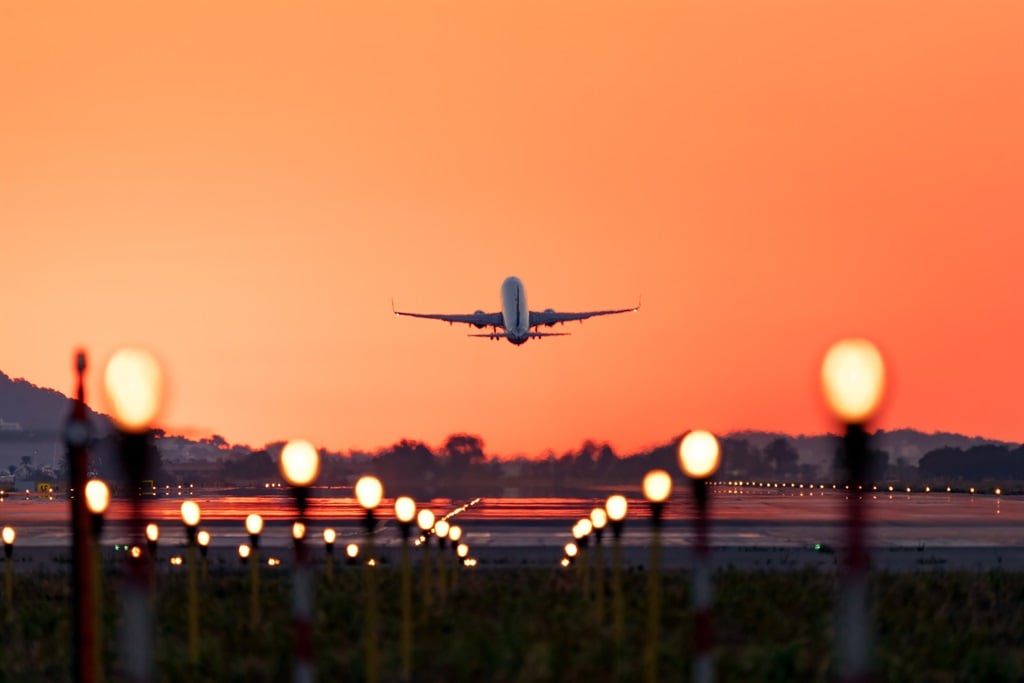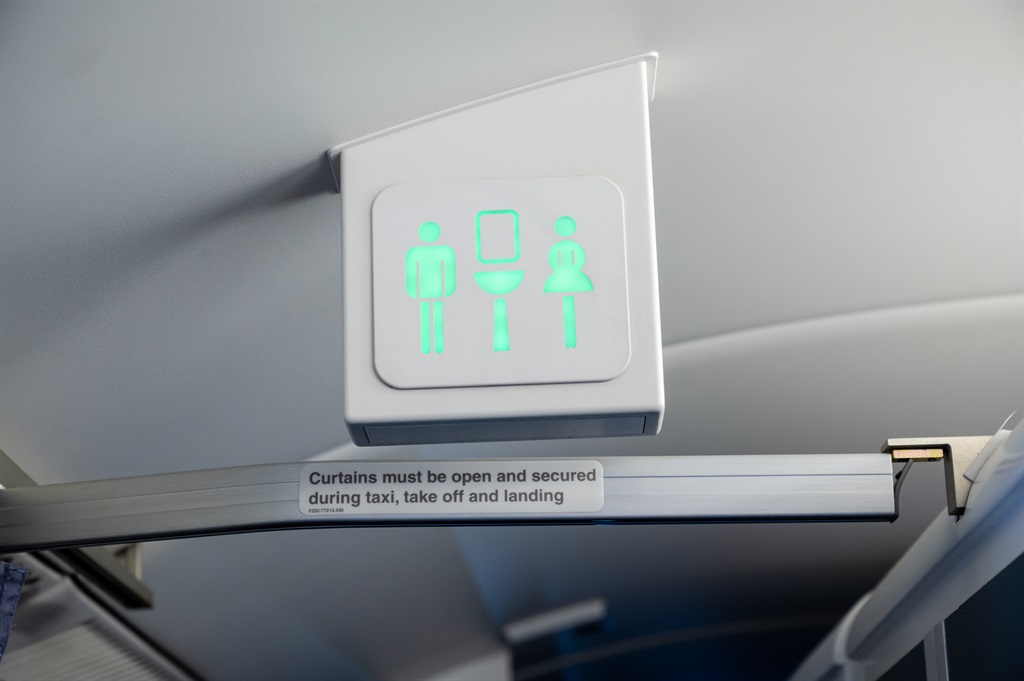
There’s nothing quite like the thrill of having an air ticket in hand and travel plans laid out. Lit with excitement, you make your way down the aisle, ready to take to the skies and embark on a new adventure. But as exhilarating as travelling can be – there’s a lot we may not know about our favourite flying modes of transportation.
Buckle up as we take off to discover more about airplanes to help you surf the clouds with confidence. Here are six facts you may not have known about those mighty buses in the sky:
Unlike birds, the wings don’t make the plane fly
While most seasoned travellers know, airplane wings don’t flap like bird wings to make planes fly. Instead, the wings serve the purpose of helping aircrafts glide through the air by providing stability and lift. The wings help the airplane balance out the key forces that push against it and move a plane up, down, forward or back. These forces are the lift, thrust, drag, and weight of a plane.
On most commercial planes you’ll notice the addition of winglets that bend off the main larger wings of the plane. These help boost an airplane’s performance by reducing vortex drag. The airline empire from down under, Qantas, recently started installing new double-bladed wing tips - known as Split Scimitar Winglets - on 23 of its B737-800s aircrafts. These winglets will feature an extra blade below the wing.
The Flying Kangaroo is implementing this design to not only help improve fuel efficiency by up to 2%, but once all winglets have been installed, it’s expected that they will save 8,000 tonnes of carbon emissions per year – the equivalent of taking more than 3,300 cars off the road.
Planes don’t need both engines to fly
Since wings help keep an airplane in the air while flying, every commercial airline can safely fly with just one engine if needed. The FAA has certified that the Boeing Dreamliner, that flies between Johannesburg and Sydney, can fly for five and a half hours with just one engine.
In an unlikely event that both engines fail, most airplanes can still fly for a fairly long distance operating as a glider, allowing the pilots to do an emergency descent– thanks to a concept called 'glide ratio'. However, you will be very glad to know that this is an extremely rare event.
Lightning won’t disrupt your air cruise
While this may sound shocking – lightning strikes planes more often than you think… It’s estimated that an aircraft is struck by lightning approximately once every 3 000 flight hours – this tallies to about once a year per aircraft. However, there’s no need to fret.
Airplane engineering has come a long way since 1967 (the last time there was a crash due to a lightning strike). Aircrafts are carefully designed and made ‘lightning-proof’, to allow an electric bolt charge to run through the plane without causing damage to the plane or affecting people inside the cabin.
You lose over a third of your tastebuds during a flight
Ever noticed how airplane food can sometimes taste relatively bland? It’s not for lack of seasoning or effort on the chef’s part, but instead can be blamed on airplane pressure and high altitude. As you soar sky-high, the air becomes dryer and the pressure drops – all of which can affect passengers’ sense of taste and smell during flights.
In a 2015 study, Cornell University confirmed that low air pressure environments do indeed dull our senses. Another study conducted by the Fraunhofer Institute for Building Physics in Germany, found that we can lose up to a third of our tastebud senses. This means it’s about 30% more difficult to detect sweet and salty tastes when you are thousands of feet up in the air.
Your toilet waste travels with you
Have you found yourself in the airplane lavatory, pondering where you’re sending your waste when you close the lid and press the flush button? Some relief can be found in the fact that it doesn’t aimlessly get flung out of the aircraft and become one with the winds.
Instead, bathroom waste on airplanes is kept in a septic holding tank. The powerful vacuum that sucks up the toilet waste is highly pressurised, effectively minimising odours by reducing the waste’s exposure to air as it makes its way to the tank. The waste remains stored for the duration of the flight until the tank can be emptied after landing.
(Image: Getty Images)
The tiny hole in the airplane window is not there for fresh air
When lucky enough to be seated by a window on the plane have you noticed that there is a little pin-shaped hole at the bottom of the window? Well, there’s a reason that little hole (known as a “bleed hole”) is there – and it’s not for cheap air-conditioning – it serves the purpose of regulating cabin pressure.
If you look closely at your plane window, you’ll notice it’s not actually made of a single pane of glass, but instead three distinct panels of acrylic. The exterior window’s job is keeping out the elements and maintaining cabin pressure while the second pane offers a fail-safe barrier. The tiny hole between the inner panel and the middle fail-safe panel serves to regulate air pressure ensuring the integrity of the middle pane remains intact and uncompromised until it is needed.
Take an adventure to Aus
Now that you’ve expanded your airplane knowledge, it’s time to get on board and plan your next trip. Why not expand your horizons with a trip aboard The Flying Kangaroo (Qantas). Be sure to look out for those fuel-efficient winglets and remember to take advantage of Qantas Passenger Perks.
Booking a flight with Qantas gives you access to discounts on uniquely Australian experiences across the country using your boarding pass! You can save big on everything from a Sydney Harbour Cruise and Bondi Surf Lessons to a bespoke Aboriginal Dreaming Tour in The Rocks and Great Barrier Reef Snorkelling! When you book with Qantas, the journey itself is just the beginning.
Find out more about Qantas and plan your next Aussie escape here.
This post was sponsored by Qantas and produced by Studio24.




 Publications
Publications
 Partners
Partners



























